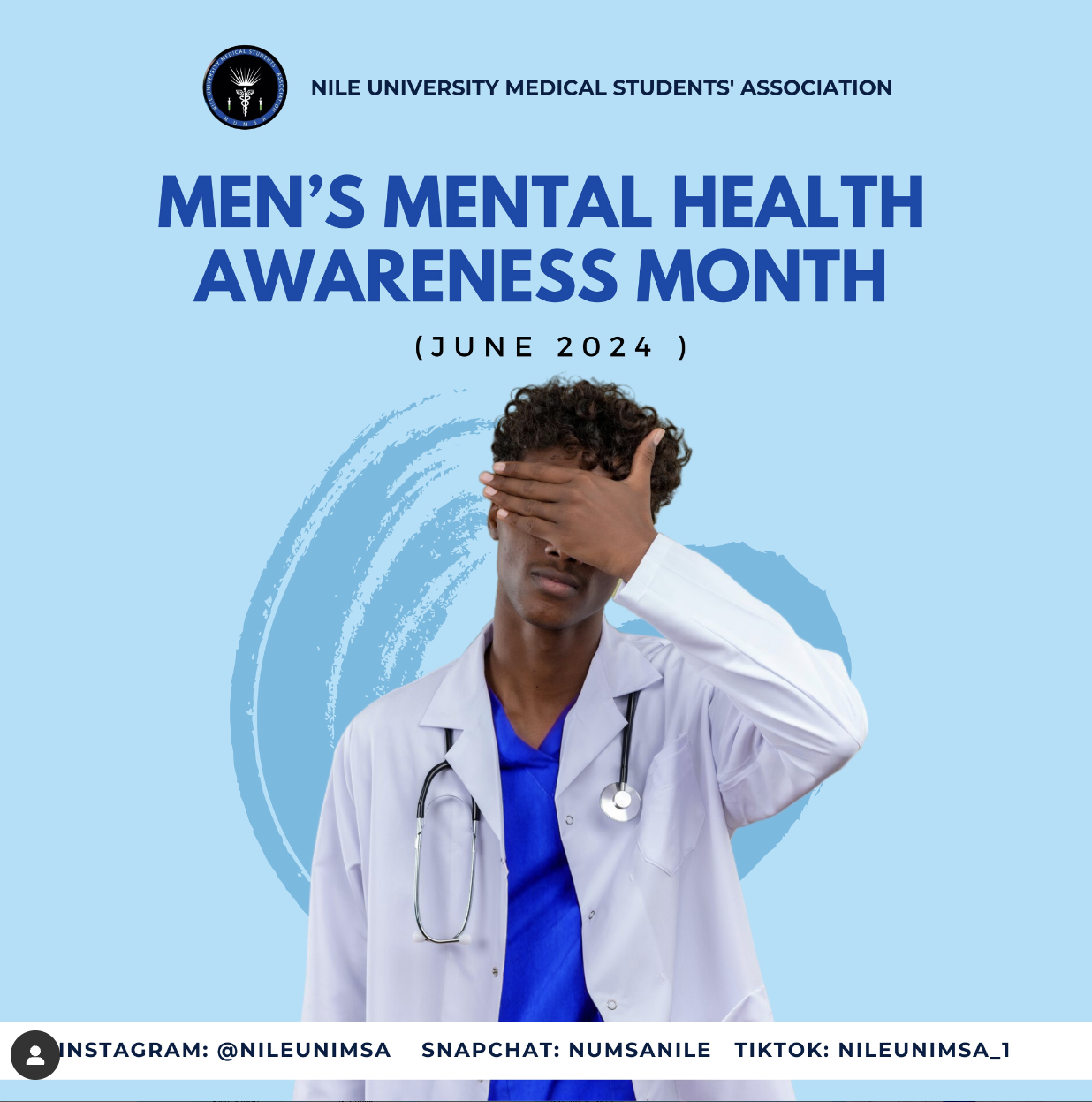Men's Health Awareness Month

Important Things to Note in Men’s Mental Health Awareness Month
June is Men’s Mental Health Awareness Month, a critical time to spotlight the unique mental health challenges faced by men and to promote mental well-being. Here are key points to consider:
1. Prevalence of Mental Health Issues in Men
- High Rates of Depression and Anxiety: Men experience depression and anxiety at significant rates, but often underreport these conditions.
- Suicide Rates: Men are more likely to die by suicide than women, with middle-aged and older men particularly at risk.
2. Stigma and Societal Expectations
- Cultural Norms: Societal expectations often discourage men from expressing vulnerability or seeking help.
- Masculinity and Strength: Traditional views of masculinity can hinder men from acknowledging mental health struggles.
3. Barriers to Seeking Help
- Reluctance to Talk: Many men are reluctant to discuss their mental health issues due to fear of being judged or perceived as weak.
- Lack of Awareness: Men may not recognize the symptoms of mental health issues or know where to seek help.
4. Common Mental Health Disorders in Men
- Depression: Symptoms can include persistent sadness, loss of interest in activities, fatigue, and changes in sleep and appetite.
- Anxiety Disorders: These include generalized anxiety disorder, panic disorder, and social anxiety disorder.
- Substance Abuse: Men are more likely to engage in substance abuse as a way to cope with mental health issues.
5. Impact of Physical Health
- Chronic Illness: Conditions such as heart disease and diabetes can affect mental health.
- Lifestyle Factors: Poor diet, lack of exercise, and substance abuse can exacerbate mental health problems.
6. The Role of Relationships
- Social Connections: Strong relationships with family and friends can provide emotional support and improve mental health.
- Parenting and Partner Roles: Stress from these roles can impact mental health, but also provide motivation for seeking help.
7. Workplace Mental Health
- Job Stress: High-pressure jobs, job insecurity, and unemployment can contribute to mental health issues.
- Work-Life Balance:Maintaining a healthy balance is crucial for mental well-being.
8. Effective Interventions
- Therapy and Counseling: Cognitive-behavioral therapy (CBT) and other forms of counseling can be effective.
- Medication: Antidepressants and anxiolytics may be prescribed for certain conditions.
- Support Groups: Peer support groups can provide a safe space for men to share experiences and coping strategies.
- Self-Care Practices: Regular exercise, healthy eating, sufficient sleep, and mindfulness practices can improve mental health.
9. Promoting Awareness and Education
- Campaigns and Programs: Encourage participation in awareness campaigns and educational programs.
- Encouraging Conversations: Promote open discussions about mental health in various settings, including the workplace, schools, and communities.
- Breaking the Stigma: Use media and community leaders to challenge stereotypes and normalize seeking help.
10. Resources for Help
- Hotlines and Helplines: Provide information about mental health hotlines and helplines.
- Online Resources: Direct men to online resources, including mental health websites and forums.
- Local Services: Information on local mental health services, including therapists, clinics, and support groups.
Conclusion Men’s Mental Health Awareness Month is an opportunity to address the mental health challenges faced by men and to promote a supportive environment for seeking help. By understanding the unique issues men face and encouraging open dialogue, we can work towards breaking down barriers and improving mental health outcomes for men.
View more Posts on our Instagram.